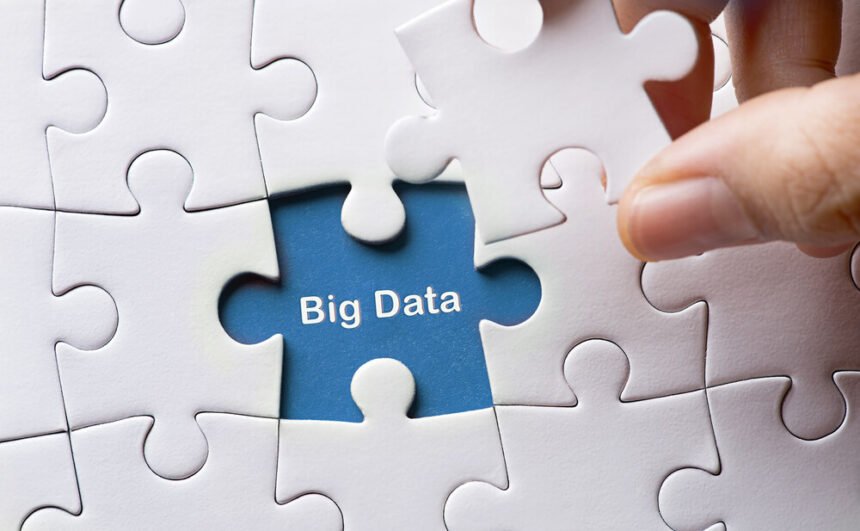Big data is being used for a variety of purposes in 2020. One of the biggest applications of big data is with personal financial planning.
A couple of years ago, Digitalist Magazine published an article on the growing importance of big data in financial planning and analysis. A growing number of applications use big data to aid with the following:
- Creating a household or business budget
- Finding the best deals on commonly purchased goods
- Getting better returns on investments
Intel is one of the companies that has developed a variety of big data tools to help consumers save money. These big data tools can be very useful for people that just had a baby.
Using Big Data to Save Money After Having a Baby
Babies, unfortunately, are not cheap. And as babies grow into adolescents, things can keep getting expensive. The good news is big data can help you plan your future. Lots of parents are using big data these days.
It’s an expensive affair all around starting a family. If you are expecting a little one (or ones), then planning out a financial future with big data is essential.
There are always going to be some unexpected financial hurdles, but the more you plan now, the less of an impact any unforeseen expense will have. Big data helps you acquire the knowledge that you need.
In this article, we will go over some ways you should using big data to prepare for when you have a baby.
Cut your expenses
The very first thing to do is to lower your outgoings. The less you spend, even on essentials, will mean more for later. You’ll need to be doing some shopping for your newborn which can be quite expensive.
The line on the ledger that should get your immediate attention is your mortgage. It is possible to do a remortgage to find a better rate and favorable terms. Sites like Habito use big data to round up all the lenders and their rates so you can shop for the best one.
You could save hundreds per month that can be put to use like adding another bedroom or just having extra to pay for the new expenses.
Track your expenses so you can see where your money is going and then cut out the waste.
Budget for one income
Once you have found ways to trim your expenses, you need to outline a strict budget. There may be only one income for the next couple of years. Maternity pay can help, but you are still looking at less income for your household.
Start before you have the baby while both are working to do a stress test on your budget.
Find those areas that can be whittled down and also room for improvement before the big day arrives and your partner is at home.
Are you having trouble coming up with a budget? AI tools like Trim can help. Money Under 30 talks about some of the AI budgeting tools available.
Sell your stuff
Free up space and put a few quid in your pocket at the same time. If you have things that have been sitting in your closet for over a year, then it means it is time to get rid of them.
Clothes you no longer wear, exercise equipment that now acts as a hat rack and furniture that is not baby friendly can all be sold.
Clutter becomes a problem when your living space is suddenly filled with a high chair, crib, and play area. Getting rid of the non-essentials will help you breath easier financially and when you have room to roam.
Open a trust fund
You don’t have to be wealthy to set your child up financially. Once you sign up for the child benefit, you will get a voucher for £250 to invest in a child trust fund.
Paying into the fund at around £60 per month will help pay university debt after 18 years. It could be worth around £22, 500 by the time they are entering university. That is the forecast for what university debt will be 21 years from now.
Big Data is Key to Financial Planning for Your New Family
If you have just had a new baby, then you need to use big data to plot your financial future. A lot of big data and AI tools can help you with your budgeting and financial planning. Make sure that you use them to your fullest advantage.

